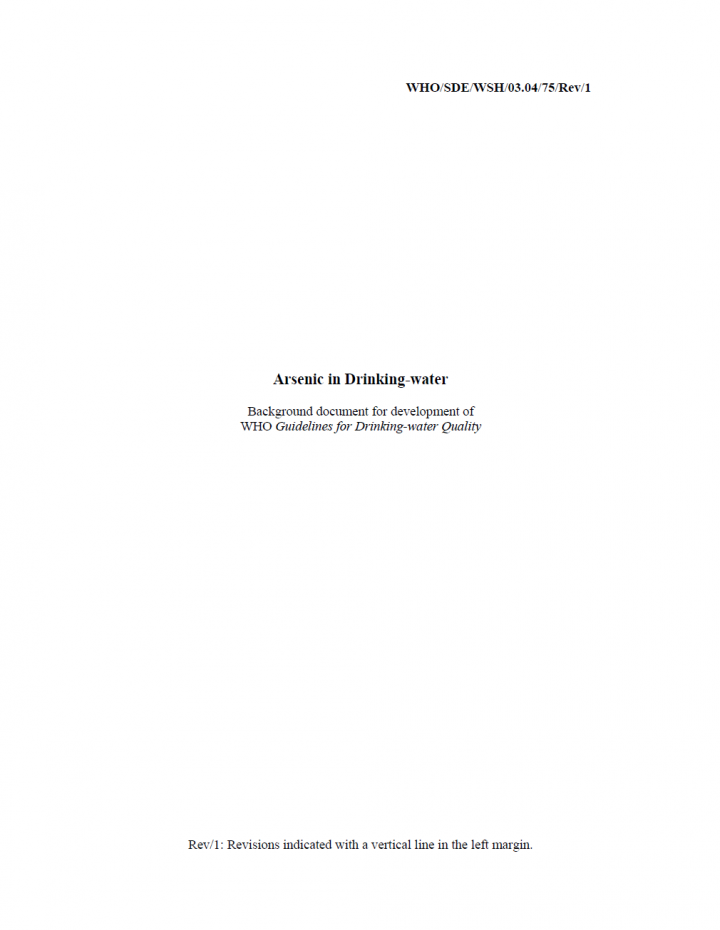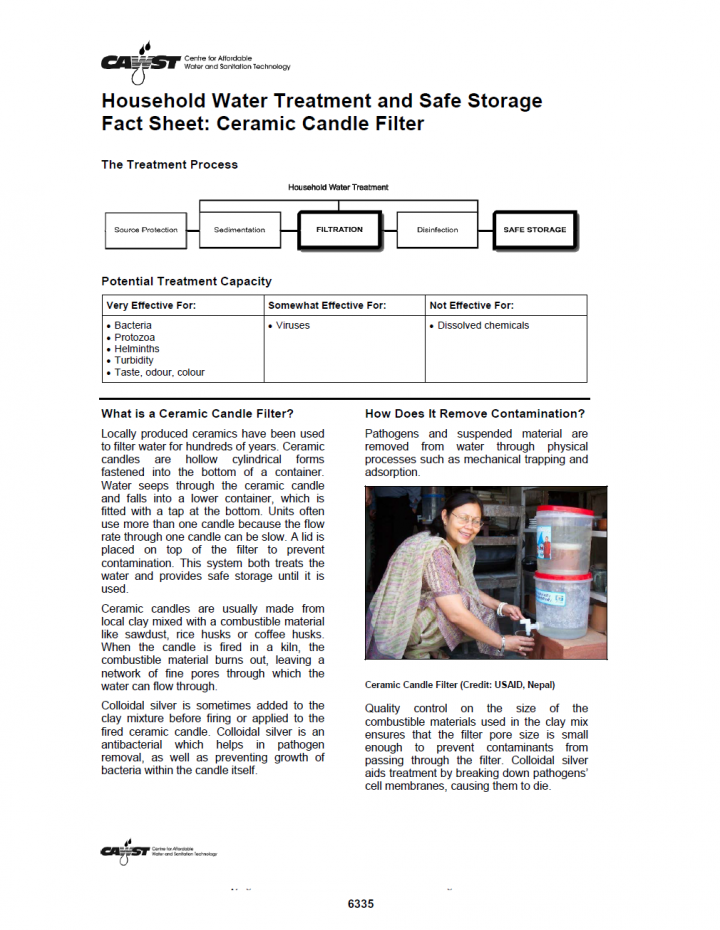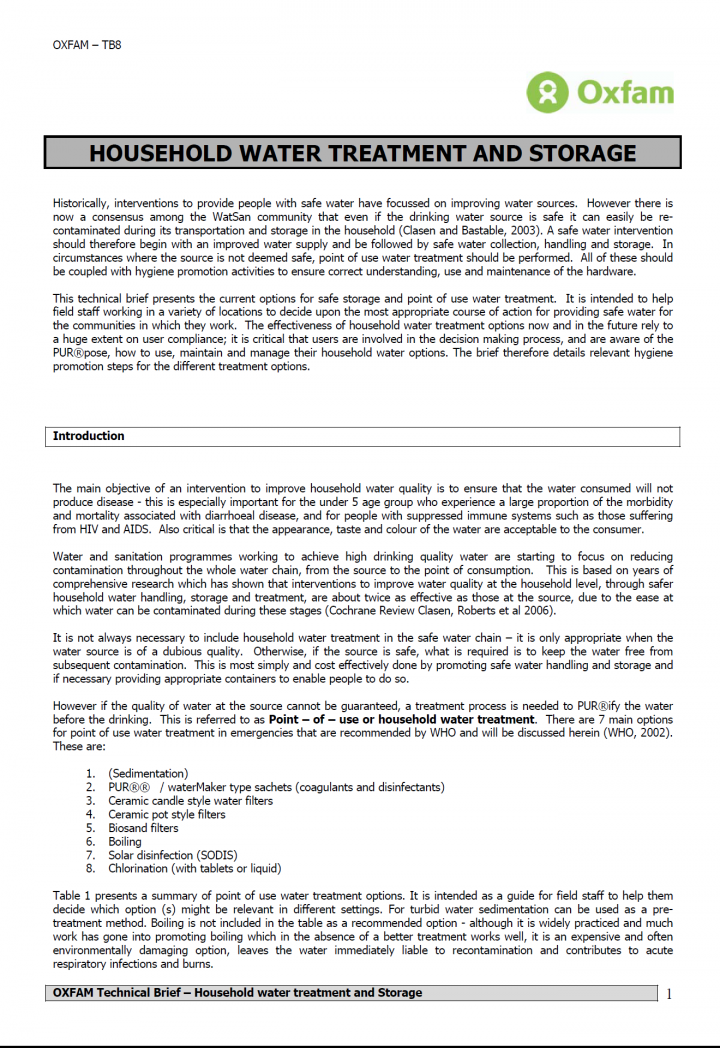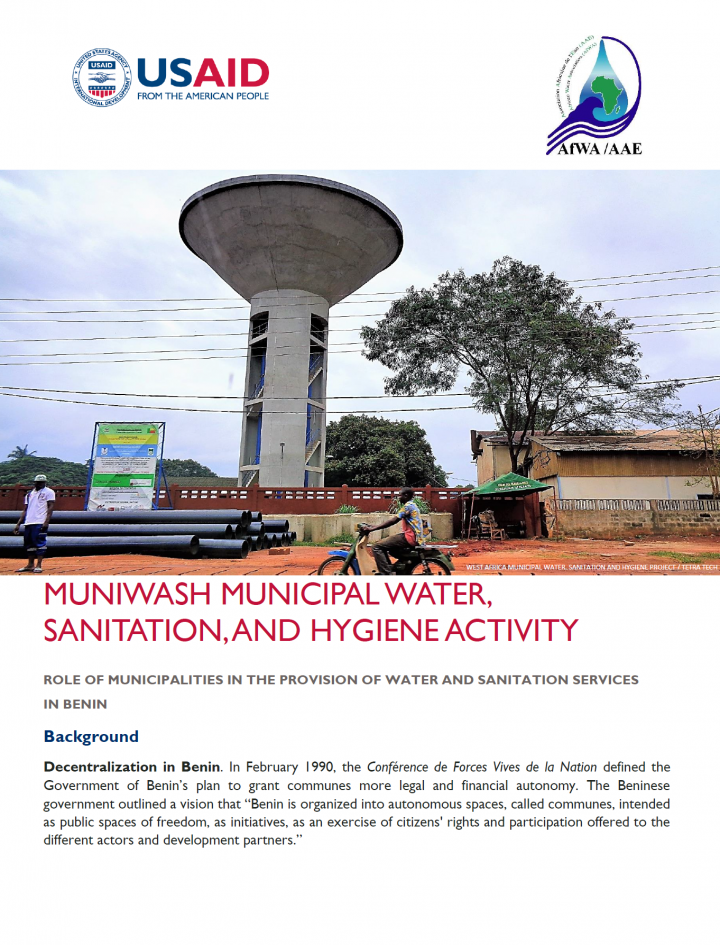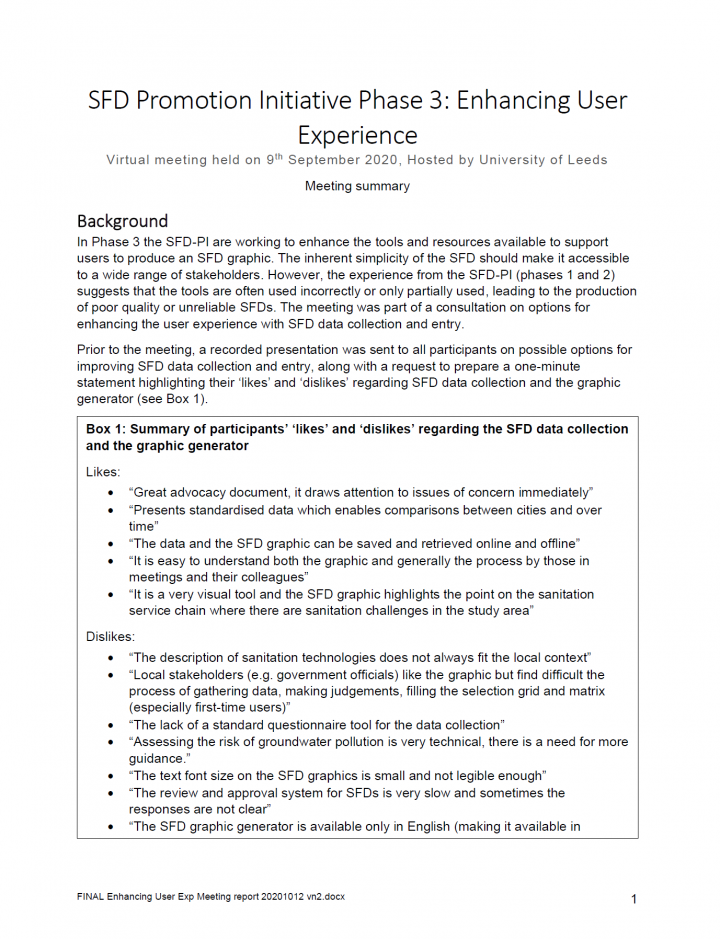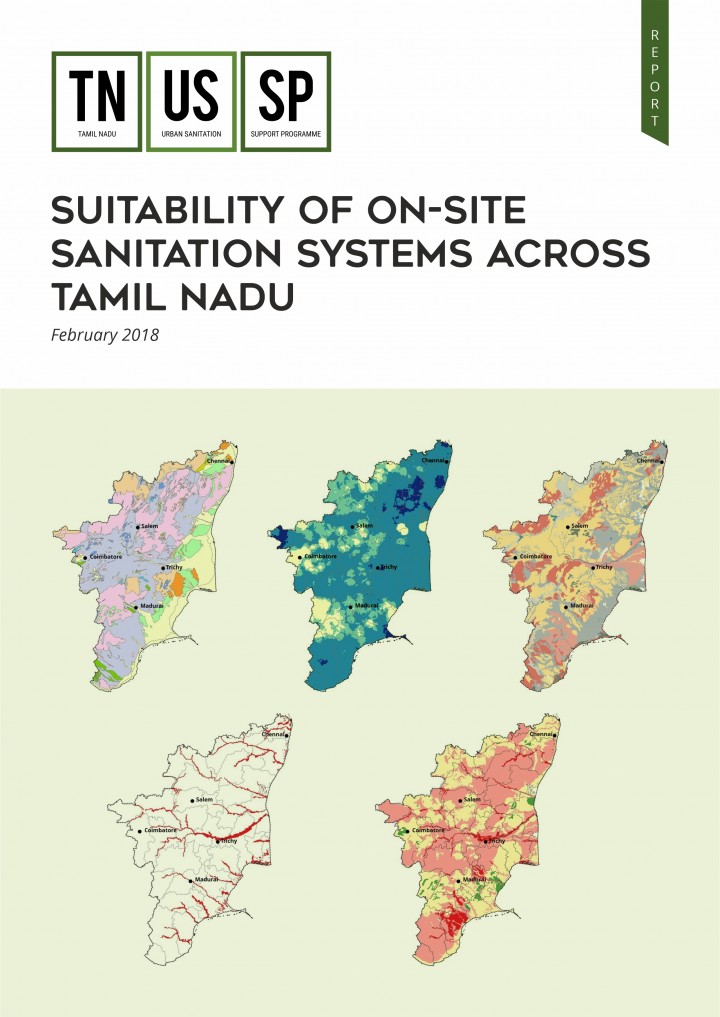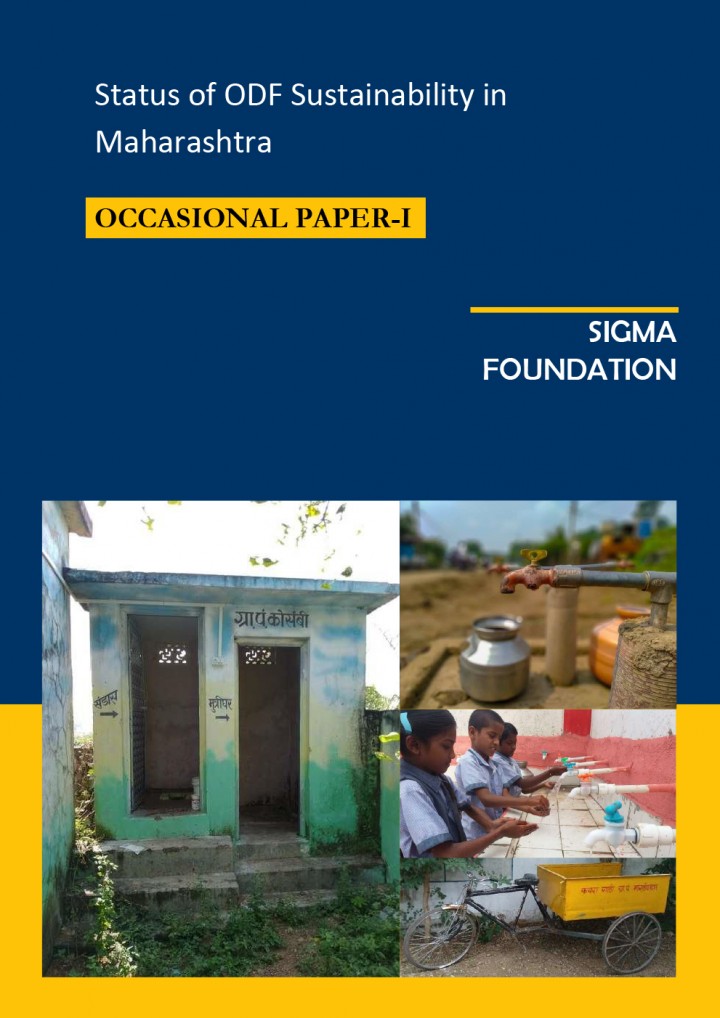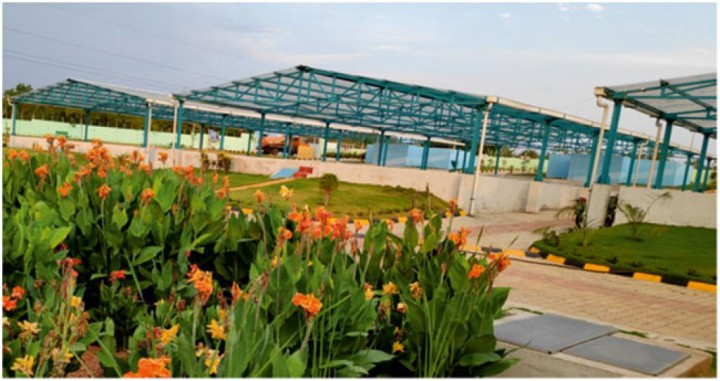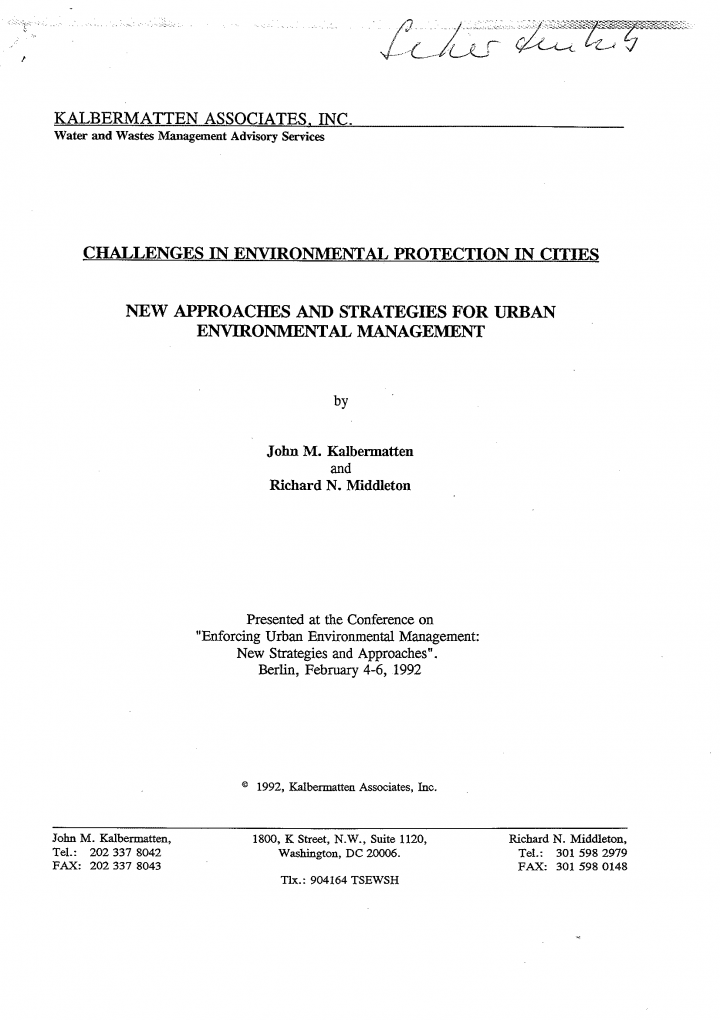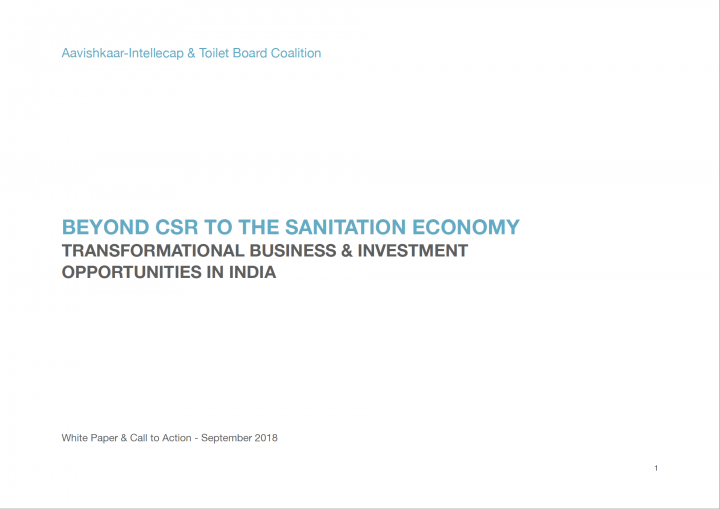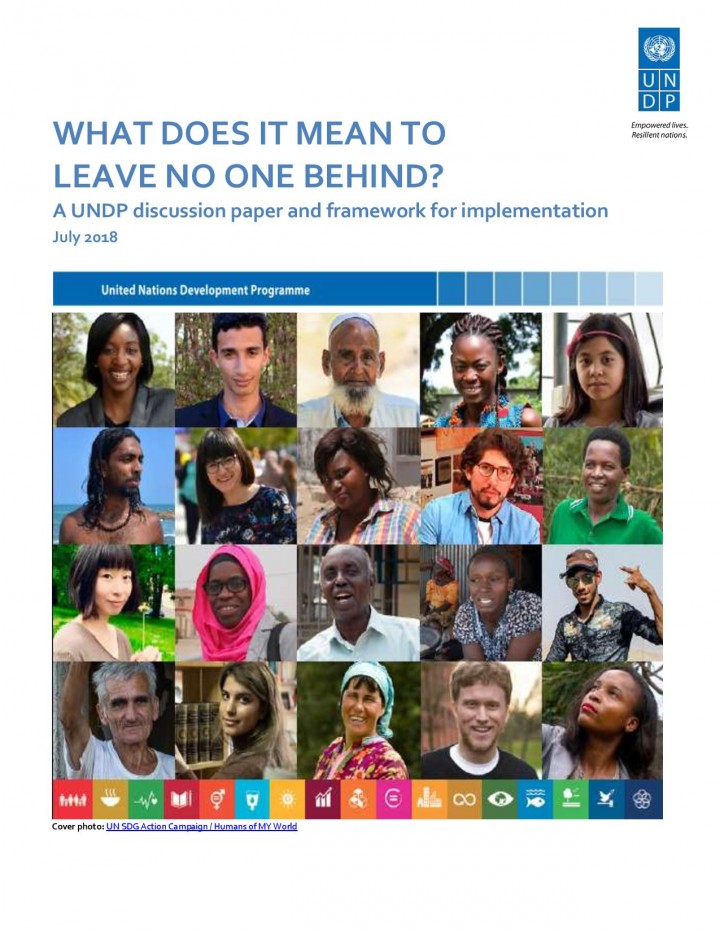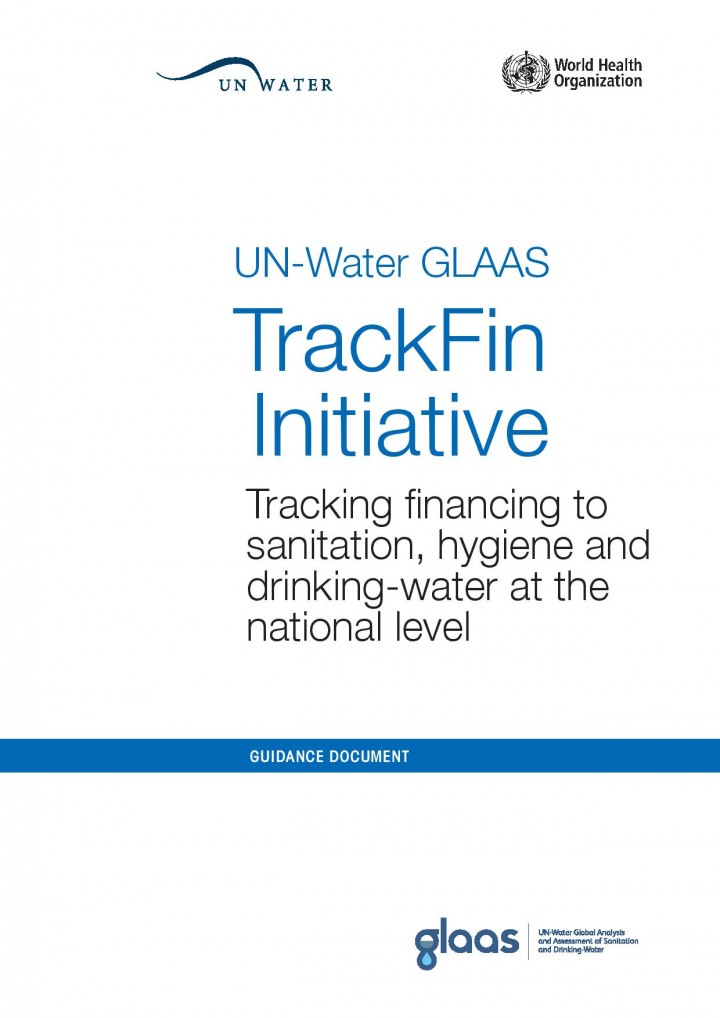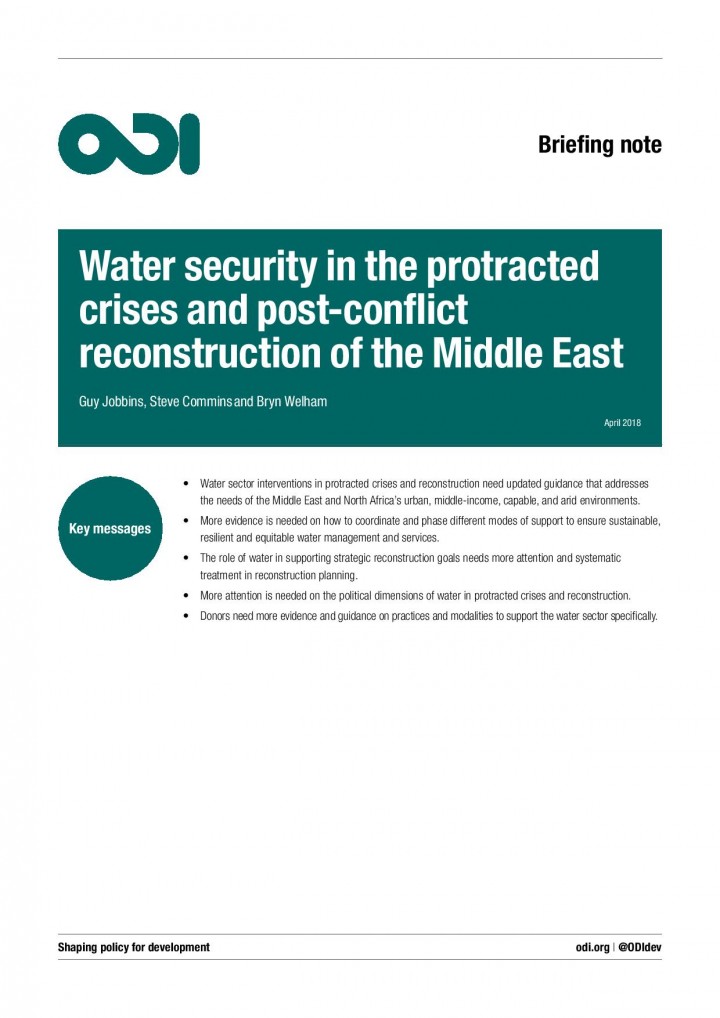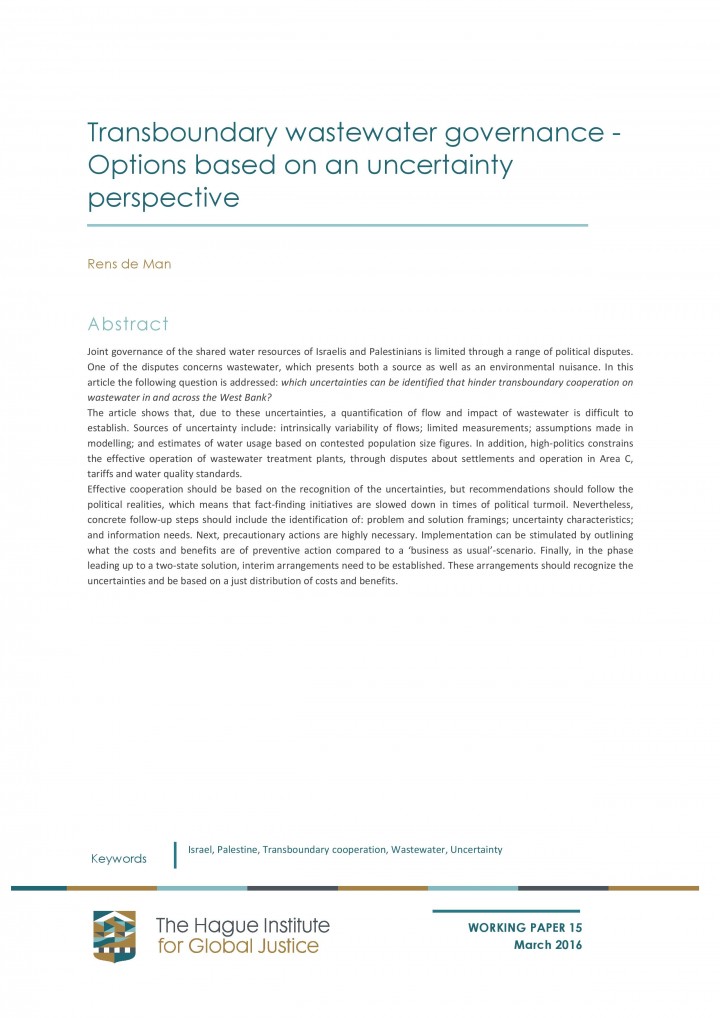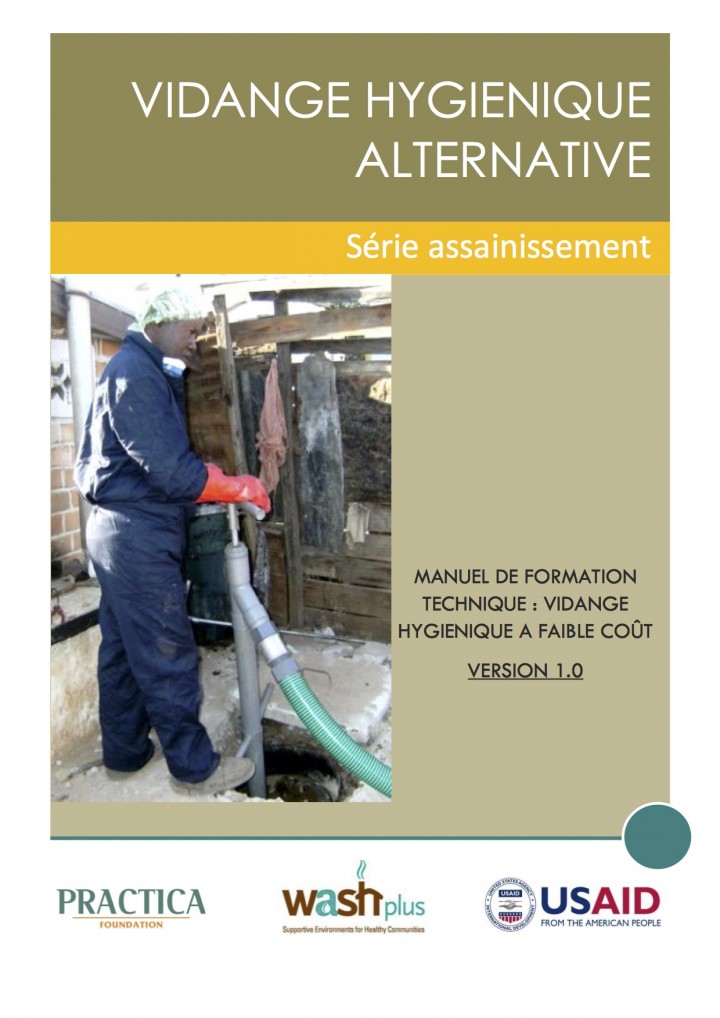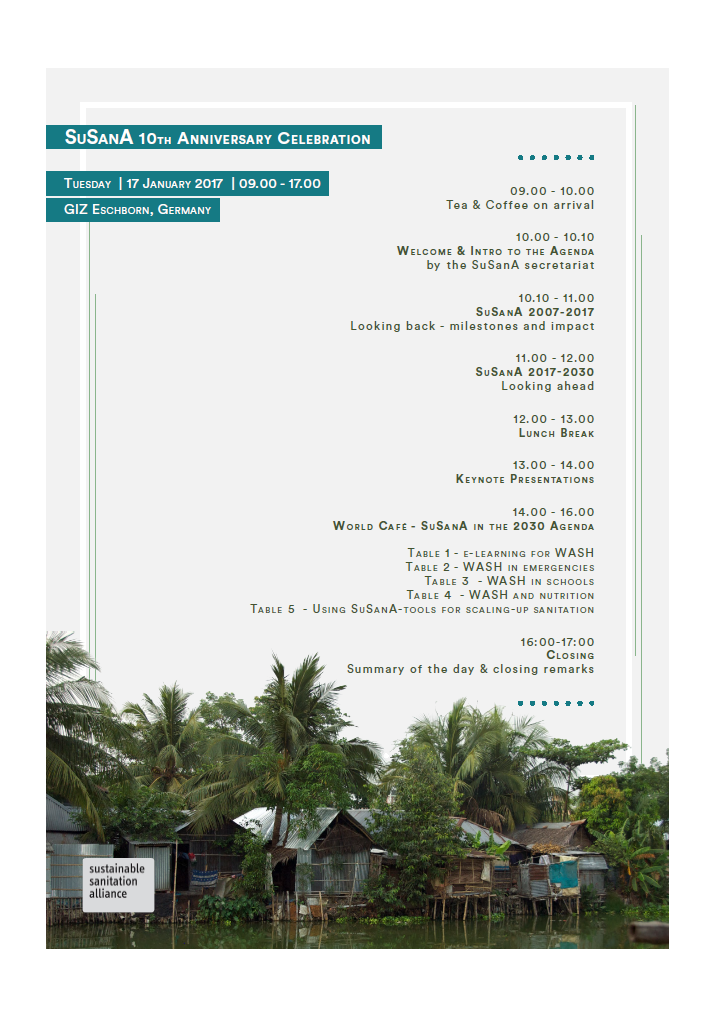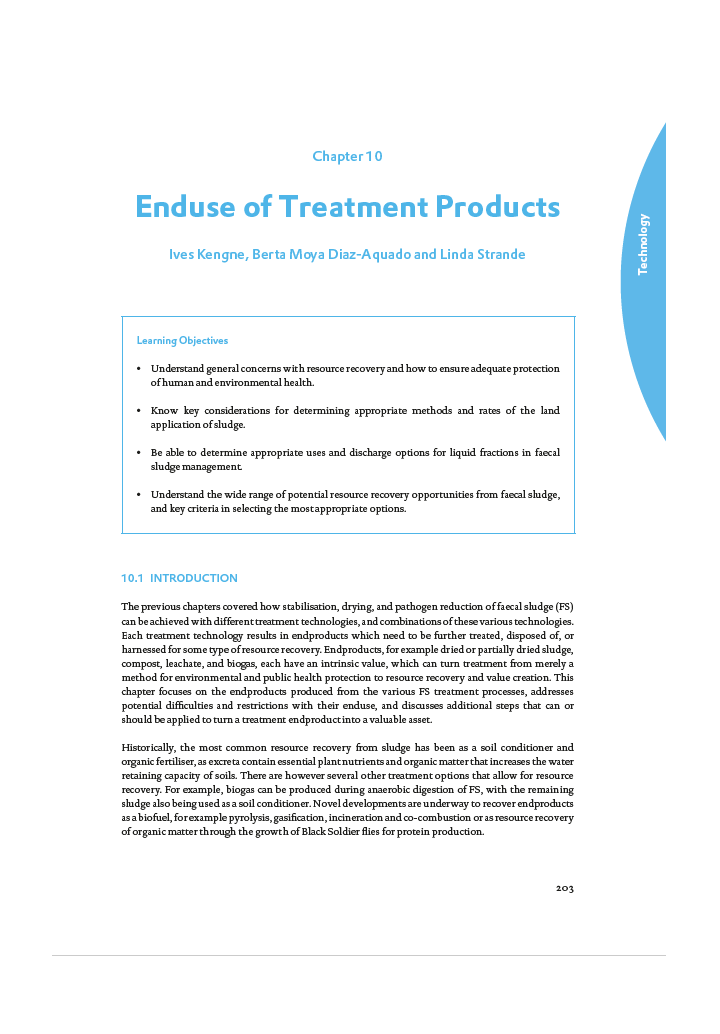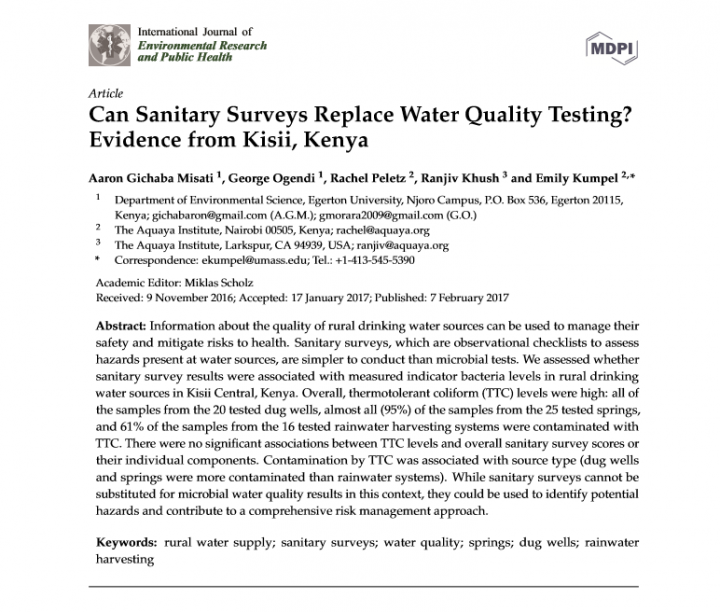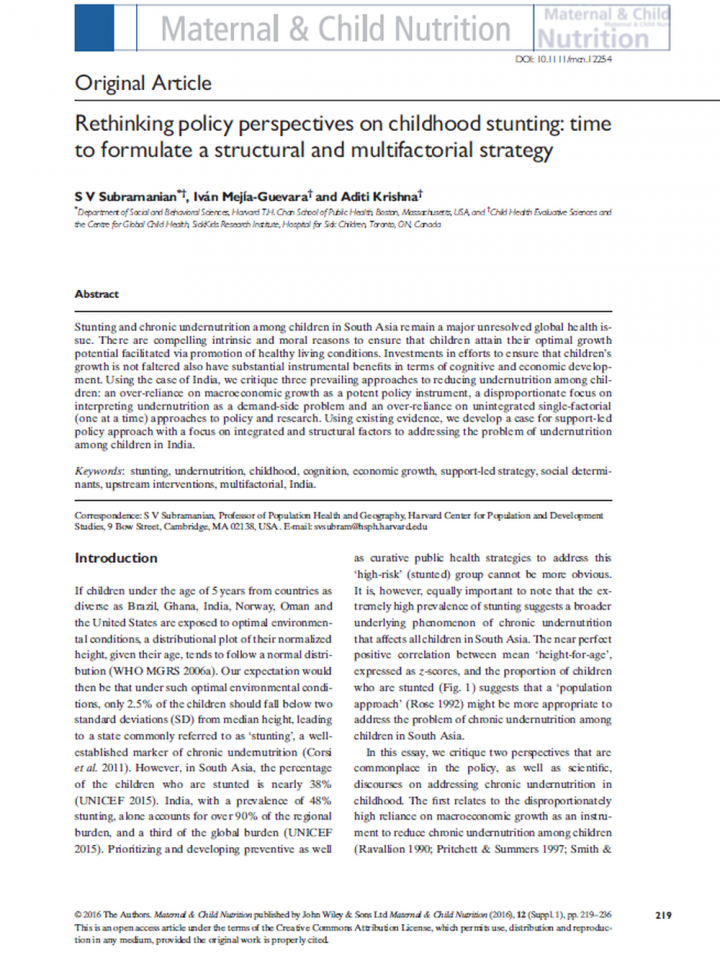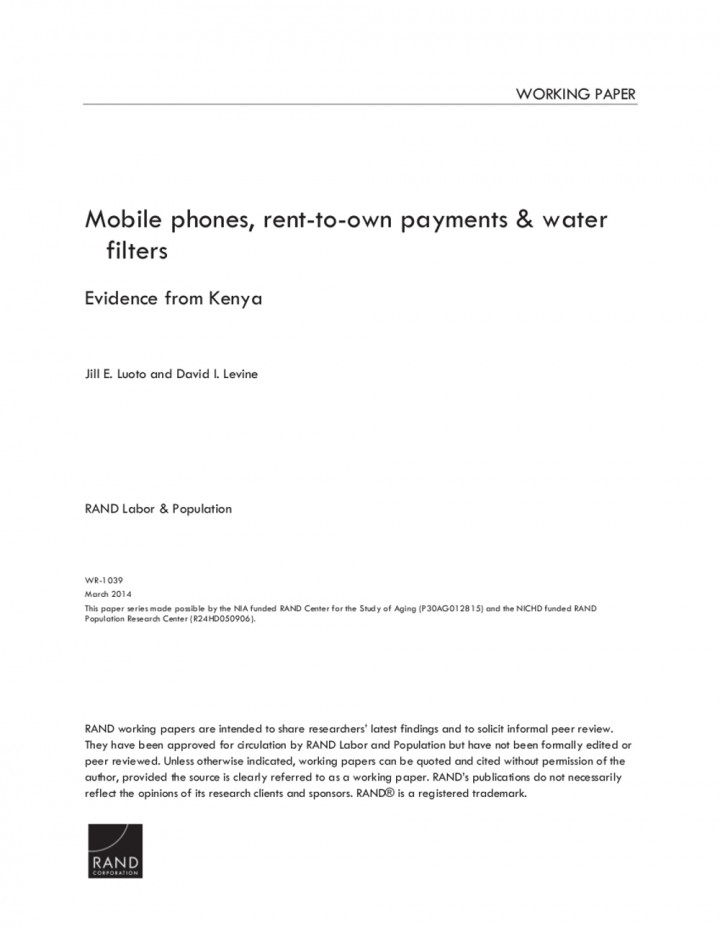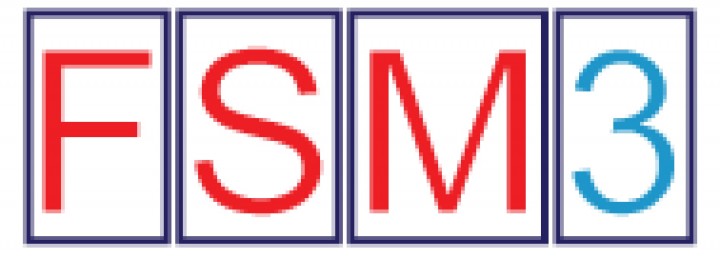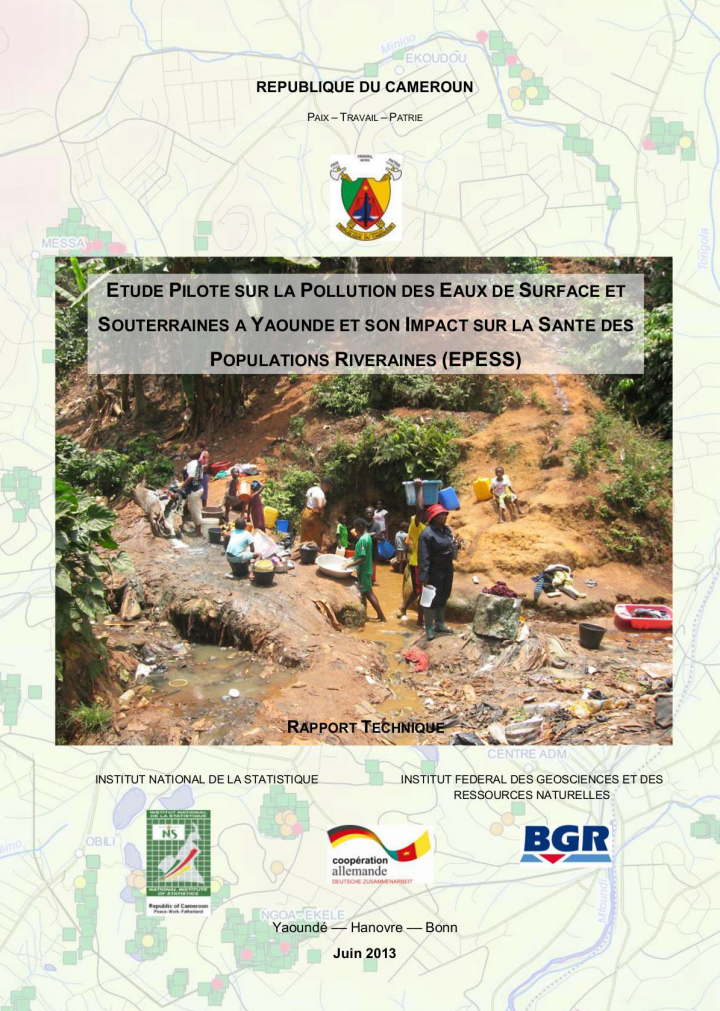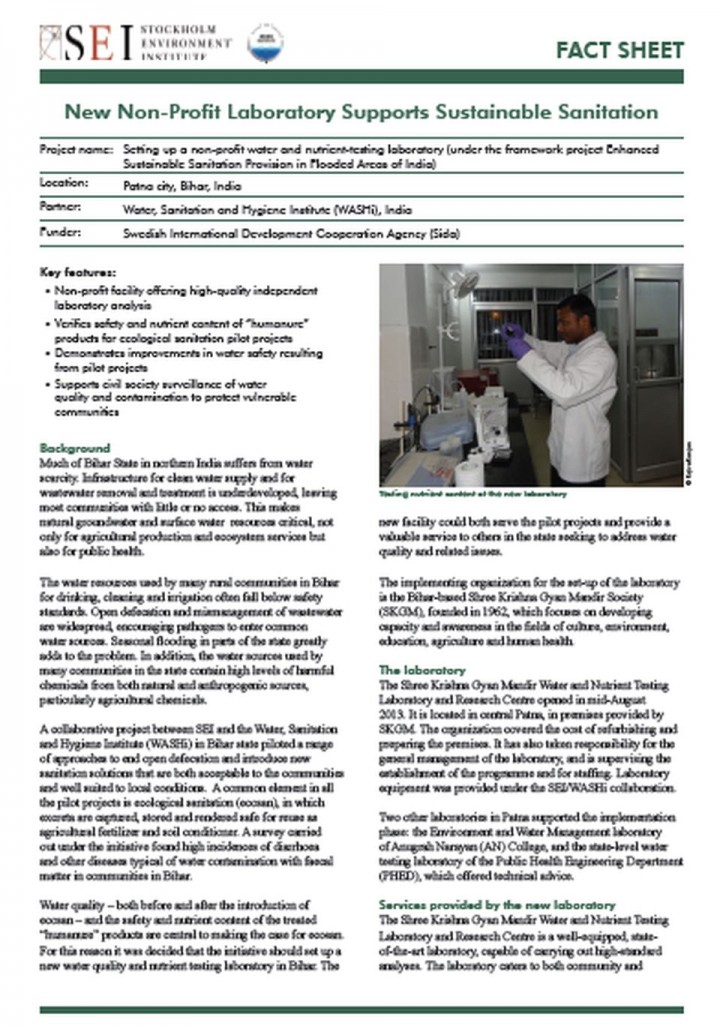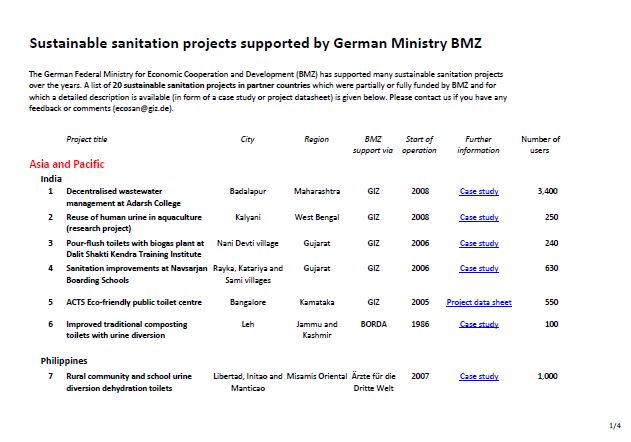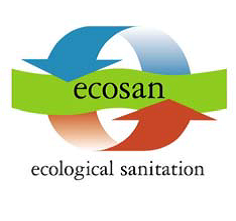Searching for information on Sanitation Workers?
The Sanitation Workers Knowledge + Learning Hub is the best source for all current news, trends, articles and updates on sanitation workers rights around the world.
During the preparation of background documents and at expert meetings, careful consideration was given to information available in previous risk assessments carried out by the International Programme on Chemical Safety, in its Environmental Health Criteria monographs and Concise International Chemical Assessment Documents, the
International Agency for Research on Cancer, the Joint FAO/WHO …
Locally produced ceramics have been used to filter water for hundreds of years. Ceramic candles are hollow cylindrical forms fastened into the bottom of a container. Water seeps through the ceramic candle
and falls into a lower container, which is fitted with a tap at the bottom. Units often use more than one candle because the flow rate through one candle can be slow. A lid is placed on top of …
Historically, interventions to provide people with safe water have focussed on improving water sources. However there is now a consensus among the WatSan community that even if the drinking water source is safe it can easily be re-contaminated during its transportation and storage in the household (Clasen and Bastable, 2003). A safe water intervention should therefore begin with an improved water …
Decentralization in Benin. In February 1990, the Conférence de Forces Vives de la Nation defined the Government of Benin’s plan to grant communes more legal and financial autonomy. The Beninese government outlined a vision that “Benin is organized into autonomous spaces, called communes, intended as public spaces of freedom, as initiatives, as an exercise of citizens' rights and …
This report is a summary of a virtual meeting held on 9th September 2020, and hosted by the University of Leeds. The background information is found below.
In Phase 3 the SFD-PI are working to enhance the tools and resources available to support users to produce an SFD graphic. The inherent simplicity of the SFD should make it accessible to a wide range of stakeholders. However, the experience …
On-site sanitation systems (OSS) remain the dominant household arrangement across the state of Tamil Nadu for urban sanitation. Given that these OSS are spread over different hydrogeological zones, factors such as aquifer systems, soil drainage characteristics, groundwater levels and flood hazard areas have a bearing on their suitability. A study was undertaken for the state of Tamil Nadu to …
The Government Maharashtra has taken up an initiative to reform selected rural villages affected by natural calamities like drought and other social, economic, livelihood and infrastructural challenges. This initiative has been started by recruiting CMRD Fellows in each GP for village planning, community participation and effective execution of the schemes according to the plan.
SIGMA …
As a first step toward the goal of clean and sanitised villages, the state has issued the Odisha Rural Sanitation Policy in October 2020 that guides and enables sanitation interventions in rural areas over a ten-year horizon. In operationalising the Policy and in line with the objectives of SBM-G Phase II, Dhenkanal district in the state, with support from UNICEF and the Centre for Policy …
The 1990s undoubtedly is the Decade of the Environment. Not because the decade may be so designated, or because there will be another world conference on the topic. The designation applies because there exists today an awareness, even a fear that, unless we take some decisive action to protect the environment, we will suffer unacceptable consequences; that this decade indeed could be the last …
The transition to the Sanitation Economy presents a transformational opportunity to ensure a sustainable future for sanitation systems that can provide alternatives to the cost burdened systems of today, towards cost recovery and full of life-improving innovations, business and commercial investment opportunities - that could turn the outlook for SDG 6 around and ensure the resilience of …
With the adoption of the 2030 Agenda, UN Member States pledged to ensure “no one will be left behind” and to “endeavour to reach the furthest behind first”.
This paper advances a framework that governments and stakeholders can use to act on their pledge in a way that enables and accelerates progress to achieve the Sustainable Development Goals (SDGs). It also seeks to inform the manner …
Effective financing for drinking water, sanitation, and hygiene (WASH) are essential for the sustainable delivery of services. The UN-Water Global Analysis and Assessment of Sanitation and Drinking-Water (GLAAS) indicate that there are substantial gaps in our understanding and tracking of financing to the WASH sector. Financial reporting is often insufficient to enable sound, evidence-based …
Joint governance of the shared water resources of Israelis and Palestinians is limited through a range of political disputes. One of the disputes concerns wastewater, which presents both a source as well as an environmental nuisance. In this article the following question is addressed: which uncertainties can be identified that hinder transboundary cooperation on wastewater in and across the West …
La vidange hygiénique alternative des fosses de latrines représente une nécessité primordiale dans un contexte où l’assainissement dans les pays en voie de développement repose toujours plus sur les systèmes autonomes qui écessitent tous des opérations de vidange à un moment donné. Le terme « vidange hygiénique alternative » intègre deux concepts qui constituent de véritables …
On Tuesday the 17th of January 2017, the Sustainable Sanitation Alliance (SuSanA) celebrated its 10th anniversary in Eschborn, Germany where SuSanA was founded in 2007 by a range of actors who were actively involved in the sanitation sector. This year’s anniversary celebration took place under the theme "10 years SuSanA: How the changed sanitation paradigm contributes to the Sustainable …
The previous chapters covered how stabilisation, drying, and pathogen reduction of faecal sludge (FS) can be achieved with different treatment technologies, and combinations of these various technologies. Each treatment technology results in endproducts which need to be further treated, disposed of, or harnessed for some type of resource recovery. Endproducts, for example dried or partially dried …
Information about the quality of rural drinking water sources can be used to manage their
safety and mitigate risks to health. Sanitary surveys, which are observational checklists to assess
hazards present at water sources, are simpler to conduct than microbial tests. We assessed whether
sanitary survey results were associated with measured indicator bacteria levels in rural drinking
water …
Stunting and chronic undernutrition among children in South Asia remain a major unresolved global health issue.
There are compelling intrinsic and moral reasons to ensure that children attain their optimal growth potential facilitated via promotion of healthy living conditions. Investments in efforts to ensure that children’s growth is not faltered also have substantial instrumental benefits …
Uptake of safe water products remains low, in spite of modest cost. We experimented with a sales offer that combined a free trial and rent-to-own payments for durable filters. Purchase rates doubled under this sales offer to 31% compared to a traditional lump-sum sales contract. To lower transaction costs we collected payments using Kenya's vast mobile banking network, MPESA. Mobile repayment …
The workshop presented the overarching framework of the WSP FSM study, and focused on key diagnostic tools being developed by GIZ, Emory University and WSP. These tools are designed to: track faecal waste flows (SFDs), assess public health risks (SaniPATH) and assess economic outcomes of interventions (ESI). By using a mix of presentations, case study-based group work and open discussion, the …
This report (french version) is a joint WaSH-survey carried out in the subsaharan cameroonian capital Yaoundé in dry season 2012 within the framework of German bilateral cooperation with Cameroon. The report is authored by the National Institute of Statistics (NIS/INS) Yaoundé and the Federal Institute for Geosciences and Natural Resources (BGR) Hannover with participation of the IHPH …

